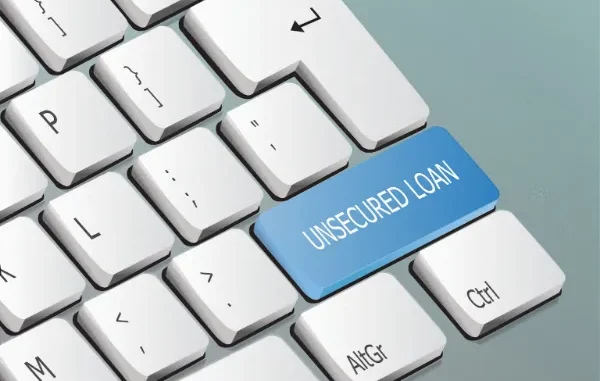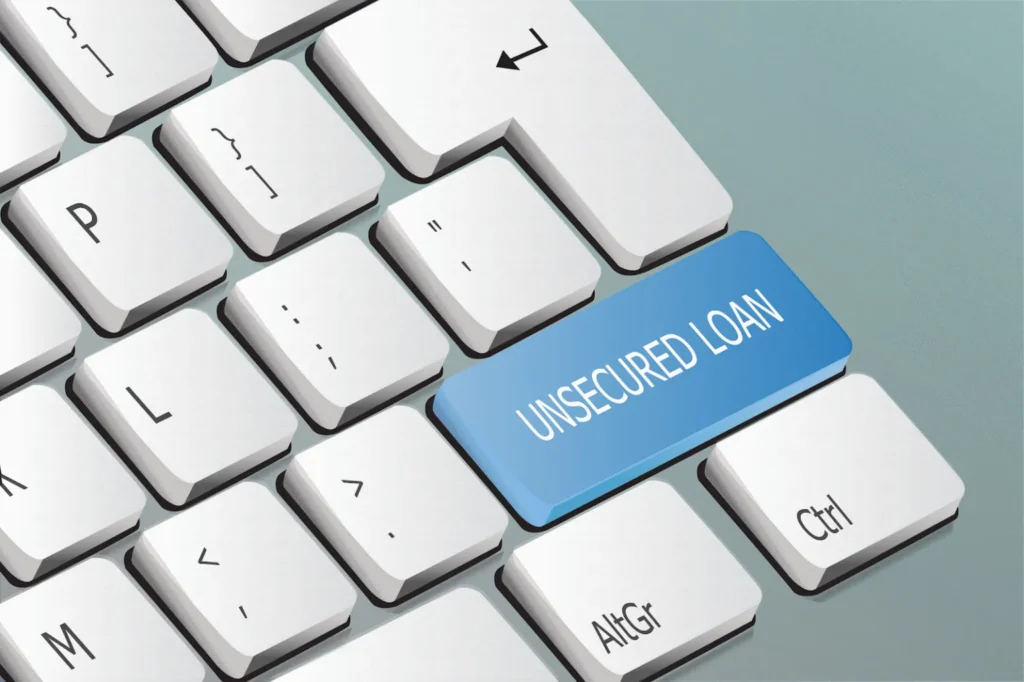

Not every small business owner has property to pledge or equipment to put up. And honestly, not everyone should have to. But when traditional lenders start asking for collateral, it can feel like the door to funding slams shut. But it does not have to. If you are looking to find business loans that do not put your personal assets on the line, there are legit options.
More and more entrepreneurs, especially younger owners or first-timers, are leaning on unsecured financing to launch or expand their ventures. This guide breaks down what “no collateral” actually means, where to look, and how to improve your odds of approval without exposing your life savings. Because let’s face it, growing a business should not mean gambling your house or your future.
What “No Collateral” Really Means
A loan without collateral does not mean a loan without any checks.
When you find business loans that are unsecured, the lender is still evaluating something, typically your credit score, annual revenue, time in business, and ability to repay. That means these are not “easy money” setups. But they are real options.
Some common no-collateral financing options include:
- Unsecured business credit cards
- Merchant cash advances
- SBA microloans
- Short-term working capital loans
- Online lines of credit
If you’re actively trying to find small business loans, this category deserves a closer look. You are not just skipping the collateral requirement; you are navigating an entirely different approval system.
Where to Go Looking
This is where a lot of borrowers get stuck. They search for “unsecured loans online” and land on forums or vague aggregator sites. But if you actually want to find business loans that work, you need to do some smart research.
Here are a few places to start:
Community Banks & Credit Unions
Some banks offer no-collateral loans to get businesses with good revenue. They might not advertise it loudly, but it is worth asking.
CDFIs (Community Development Financial Institutions)
Especially supportive of underserved entrepreneurs. Many CDFIs offer loans up to $250,000 with no hard collateral.
Government Programs
SBA microloans (up to $50,000) are designed for this very purpose. Even some SBA 7(a) loans don’t need traditional collateral.
Online Lenders & Marketplaces
Now, you can explore online lending platforms to find the best business loans without collateral, but you have to show solid credit or proof of income. Just be sure to vet them properly.
The point is that it is not always about who offers loans. It is about who’s willing to trust your numbers instead of your property.
Here’s What to Do to Better Your Chances
Truth is, not everyone walks in and gets approved on Day 1. But you can improve your chances if you play it smart.
Polish Your Credit
This one gets repeated for a reason. Aim for a score of 680+ to unlock better rates.
Trim Down Your Debt
Too much outstanding debt? That’s a red flag. Clean it up before applying.
Keep Your Books Clean
Messy finances raise eyebrows. Good record-keeping shows you’re serious.
Don’t Ask for Too Much
Requesting a $200K unsecured loan with zero revenue? Not going to fly. Be realistic.
Trying to find business loans is not just about the source. It is about presentation. Make sure yours does not look sloppy.
Know the Risks Before You Dive In
No collateral does not mean no strings. You need to look out for the following things:
- Higher interest rates. Lenders take on more risk, and they price that in.
- Shorter terms. You might get 6–18 months instead of 5 years.
- Personal guarantee. Many unsecured loans still require it. That means your credit is on the hook if the business defaults.
Before you find business loans in this category, be sure the terms make sense for your business. Fast cash is not worth a long headache.
Conclusion
Not everyone can put up their property to grow their business. Thankfully, that is no longer a dealbreaker.
If you’re smart about your financials, strategic with your loan request, and persistent with your research, you can absolutely find business loans that don’t tie you to physical assets. It just takes a little legwork and the right mindset.
And maybe, just maybe, a little patience.






Leave a Reply